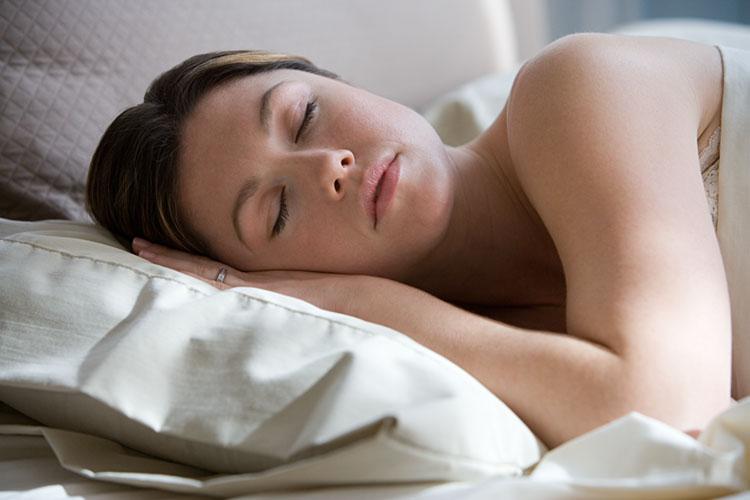How can you help the economy? Get some sleep!
By: Editorial Board | December 23, 2016, 12:20pm
The world is neck-deep in surefire fixes for a country’s economy. Cobble together trade deals, rip up trade deals. Build more, tax less. Let wealth trickle down, help the masses in society’s bottom rungs. There’s a much more straightforward prescription that doesn’t cost anything and is actually quite pleasant: Go to sleep!
That’s the upshot of a recent study from the Rand Corporation. As it turns out, lack of sleep isn’t just bad for our health. It’s bad for the economy. Rand says the sleep deficit is robbing the economies of the U.S., Canada, Germany, the U.K. and Japan of a combined $680 billion a year. Most of that toll — $411 billion — is exacted on the U.S. economy.
But how does not getting enough sleep translate into hundreds of billions of dollars going down the economic drain? Rand says it’s lost productivity in the form of 2.3 million missed work days every year across those five countries — 1.2 million in the U.S. You don’t sleep enough, so you’re more susceptible to illness, depression, fatigue and maladies that sap your immune system. Hence the absenteeism, the theory goes.
Some Americans think lack of sleep is a badge of honor. President-elect Donald Trump brags about getting just four hours of sleep each night, or less. “You know, I’m not a big sleeper,” Trump said when he was on the campaign trail. “I like three hours, four hours. I toss, I turn, I beep-de-beep. I want to find out what’s going on.” (Mr. President-elect: How about a little less tweeting and a little more snoring?)
Other “short sleepers” include Tom Ford, famed designer and director of the movie “Nocturnal Animals” (3 hours a night); the late Margaret Thatcher (4 hours); and Martha Stewart (also 4 hours). Inventor Nikola Tesla, developer of the alternating current, somehow got by with just two hours each day. Leonardo da Vinci was said to have one of the most unconventional approaches toward sleep: In lieu of a night’s rest, he took short power naps throughout the day. Scientists think they have an explanation for these outliers — a genetic mutation that allows them to recharge with much less sleep than the rest of us require.
But that’s a scientific anomaly; just 1 or 2 percent of the population has the mutation. The rest of us need to saw wood, a lot of it. Never mind the economic impact that comes with lack of sleep. You know how you feel when you get just a few hours, or even less: Words don’t come easily. Embarrassment sets in as you realize colleagues have seen your head nod to the side a few times. You read something, re-read it, then re-read it again. What did that say?
The link between sound sleep and work performance hasn’t gone unnoticed by some employers. Aetna recently began a program that pays workers if they can prove they slept seven hours or more for 20 consecutive nights. Workers get $25 for each sleep-filled night, with a yearly cap of $300. Nike and Zappos have nap rooms, and Google has “nap pods” for its workers — capsule-like lounge chairs in which employees can curl up for a 20-minute power snooze amid soothing, sleep-inducing music.
From the standpoint of personal health, getting at least seven hours is just common sense. But a case can be made that sleep equals productivity equals a robust economy. So, for yourself and for the sake of our country, do your part for the gross domestic product. Turn in!





